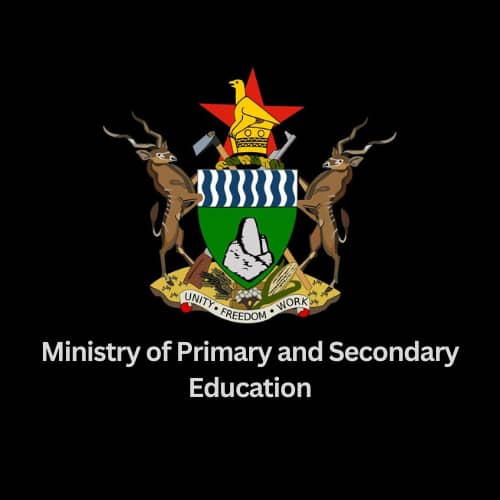Own Correspondent
The Ministry of Primary and Secondary Education in Zimbabwe is conducting a nationwide school monitoring exercise to assess the functionality of schools across the country.
This two-day exercise, done in collaboration with key education partners, aims to identify areas for improvement to enhance the quality of education.
The monitoring teams, comprising principals, chief directors, and provincial and district staff, will visit 19 districts, including Goromonzi, Marondera, and Bulawayo Central. Their primary objectives are to evaluate the implementation of established protocols, identify challenges faced by schools, gather baseline data, and determine necessary interventions for sustainable education development.
According to Mr. Taungana Ndoro, the ministry’s spokesperson, this exercise is crucial in ensuring every child in Zimbabwe receives quality education.
“By assessing school functionality, we aim to identify gaps and challenges, make informed decisions, and benefit our students,” he said.
The monitoring teams will use a comprehensive assessment framework to examine various aspects of school functionality, including governance, teaching quality, student enrollment, infrastructure, and community engagement. Stakeholders participating in the exercise include UNICEF, UNESCO, the World Bank, and local NGOs.
Expected outcomes include baseline findings on school functionality, identification of challenges, and recommendations for targeted interventions. The ministry and its partners are committed to utilizing the findings to drive sustainable improvements in education quality.
Key Objectives of the Monitoring Exercise:
- Evaluate Implementation of Protocols: Assess the implementation of established protocols and minimum functionality standards in schools
- Identify Challenges: Identify challenges faced by schools and the education system
- Gather Baseline Data: Collect data to inform programming and policy
- Determine Necessary Interventions: Determine necessary interventions by the government and partners for sustainable education development.
Stakeholders Involved:
- International Organizations: UNICEF, UNESCO, the World Bank
- Local NGOs: Camfed, FCDO, ECOZI and its affiliates
- Government Bodies: Parliamentary Portfolio Committee on Primary and Secondary Education
- Education Sector Partners: Teacher unions, staff associations
Zim GBC News©2024


